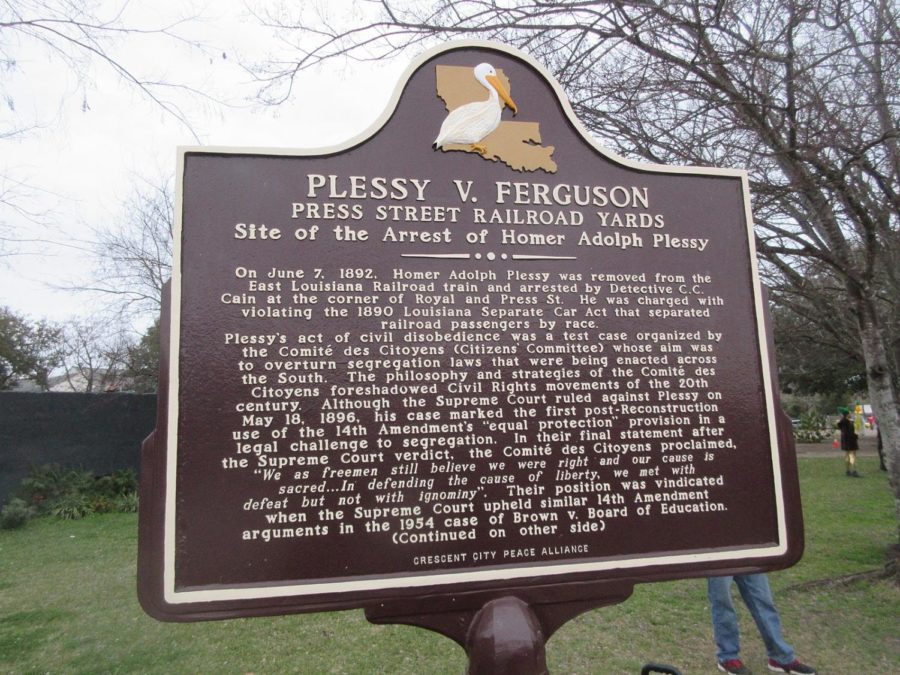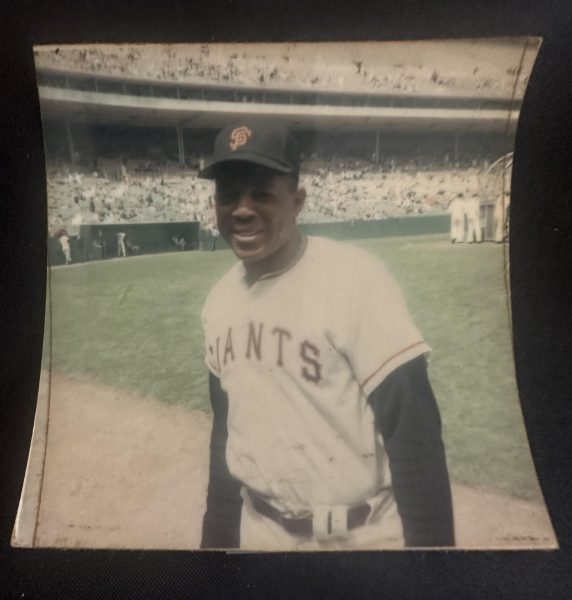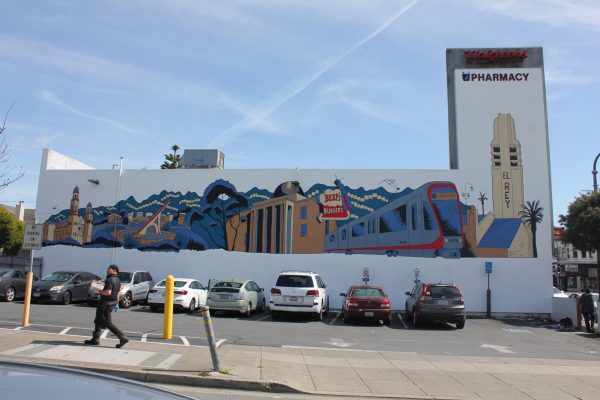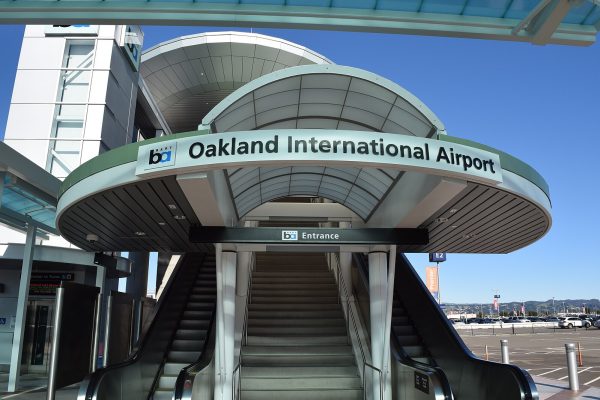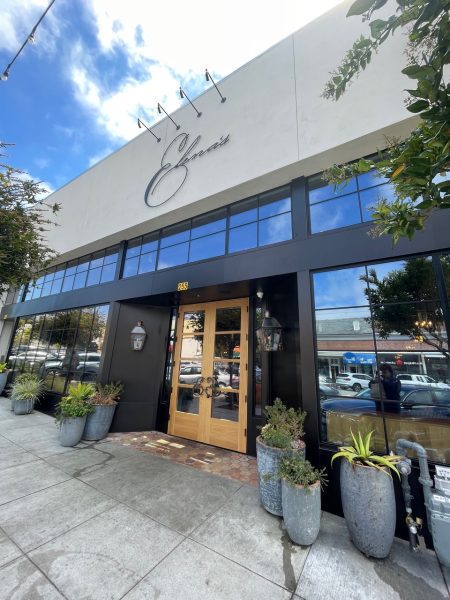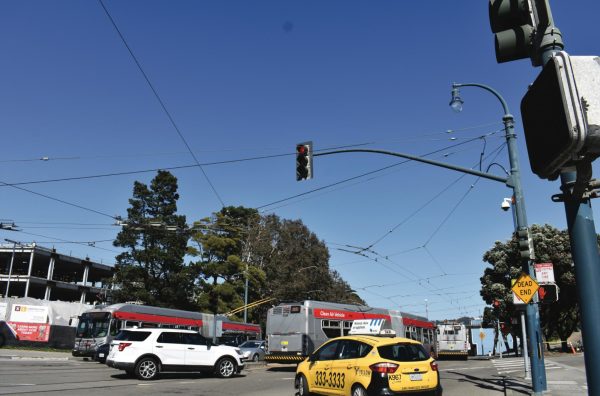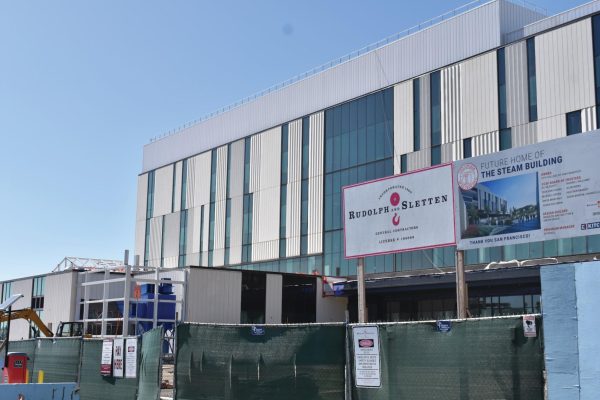Plessy pardoned posthumously after 130 years
A plaque in New Orleans commemorates the site of Homer Plessy’s arrest in 1892.
March 8, 2022
Homer Plessy, a 30-year-old African American man, bought a first class ticket aboard a train to Covington on June 7, 1892.
As he arrived at the Louisiana railroad station and got onto the 8 train, he walked straight to the whites only section with determination to make a change.
Plessy had his mind set on the 14th Amendment that states that the state is not allowed to “deny to any person within its jurisdiction the equal protection of the laws.” Plessy however, was later arrested for choosing to ignore the 1890 Louisiana separate car law and refusing to get off the train, by detective Christopher Cain.
Plessy was immediately taken to the Orlean Parish jail, where the Comite de Citoyens, a group that fought for Black people in Orleans, bailed him out on $500 after spending just one night in jail.
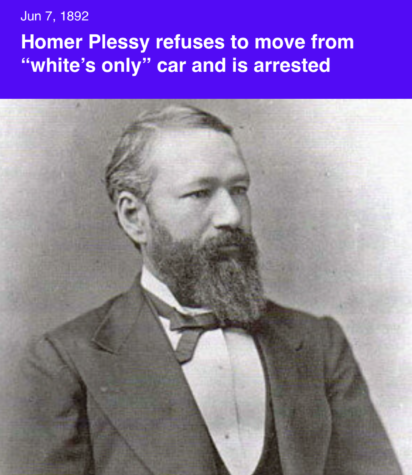
Plessy vs. Furguson is a landmark case that took place on May 18, 1896, which legalizes the “separate but equal doctrine,” that concluded with a seven to one vote. After the decision was finalized, Plessy pleaded guilty and paid a $25 fine.
On Jan. 5, Louisiana Governor John Bel Edwards pardoned Homer Plessy. He said, “The stroke of my pen on this pardon, while momentous, doesn’t erase generations of pain and discrimination. It doesn’t eradicate all the wrongs wrought by the Plessy court, or fix all of our present challenges, but this Pardon is a step in the right direction.”
Will Parker ’24 said, “The pardon is part of a broader sweep of local governments reconciling with their past discriminatory actions similar to what San Jose has done. For example, apologizing to their Chinese American community for early treatment of Chinese immigrants.”


